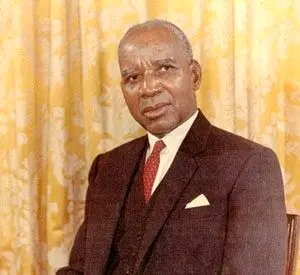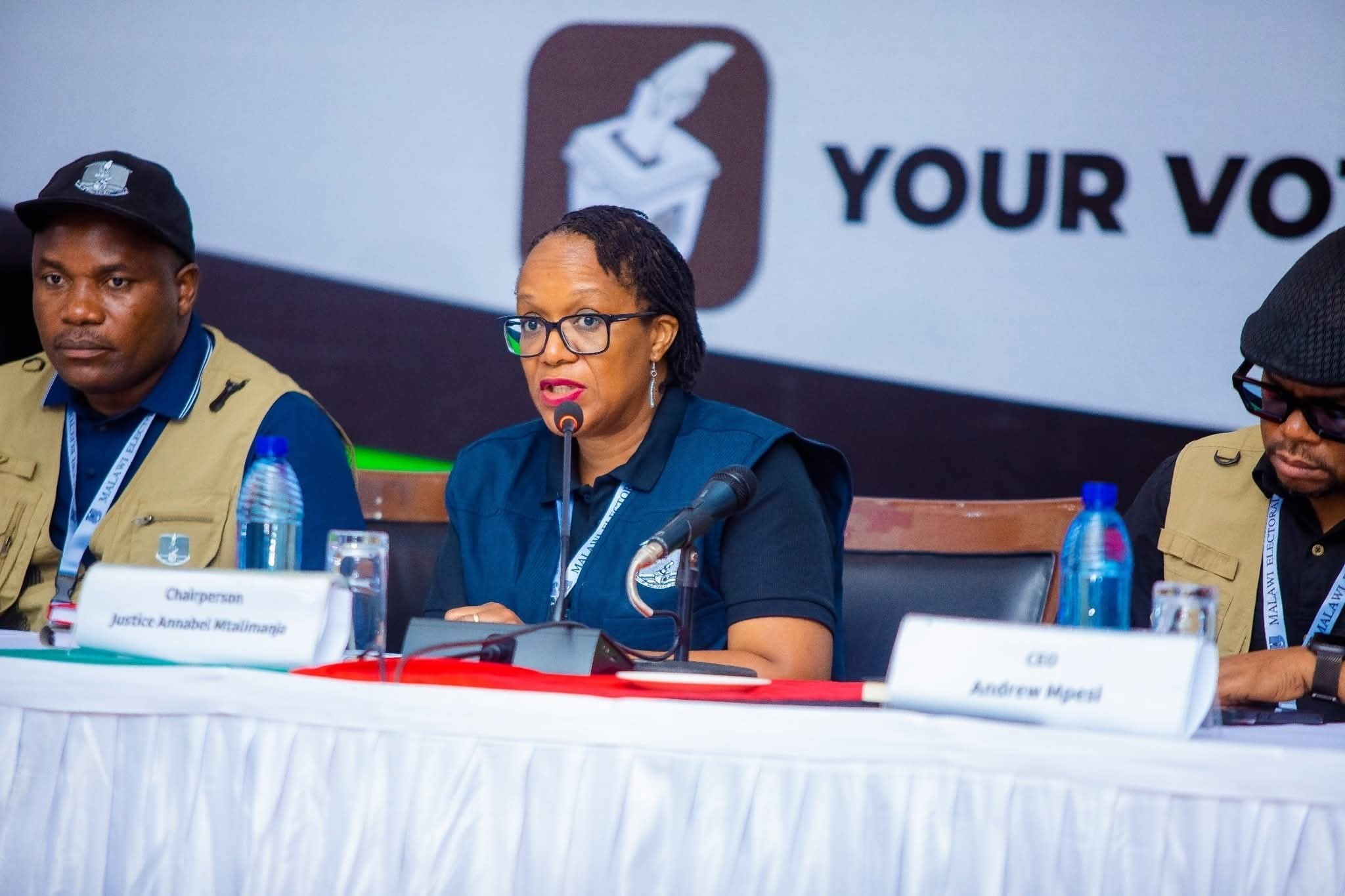By Jones Gadama
On May 14, Malawians gather to commemorate Kamuzu Day, a day that ostensibly honors the legacy of Dr. Hastings Kamuzu Banda, the first President of Malawi. President Lazarus Chakwera’s presiding over the events in Mzuzu at Mzuzu Stadium serves as a reminder of the complex and often painful history that this day represents.
While some may argue that commemorating Kamuzu Day is a means of recognizing the nation’s past, it is imperative to critically examine the implications of such remembrance.
The act of honoring a figure whose regime was marked by brutality and oppression cannot be justified, as it perpetuates the suffering of countless families whose lives were irrevocably altered by his actions. In the words of Shakespeare, “The evil that men do lives after them; the good is oft interred with their bones.”
Kamuzu Day must be scrapped, for it serves only to reopen wounds that have yet to heal, reminding the victims of a dark chapter in Malawi’s history.
Dr. Hastings Kamuzu Banda’s rule from 1964 to 1994 was characterized by a regime that employed fear, violence, and repression as tools of governance. Under his leadership, political dissent was not merely discouraged; it was met with brutal force. Thousands of Malawians were imprisoned, tortured, or executed for opposing his regime.
Families were torn apart, and the scars of this violence run deep within the collective memory of the nation. For many, Kamuzu Day is not a celebration of national pride but a painful reminder of the atrocities committed against their loved ones.
The commemoration of such a figure only serves to resurface the tears of those who lost parents, siblings, and friends to a regime that prioritized power over humanity.
The act of remembering Kamuzu Banda is, in essence, an act of erasure. It erases the narratives of those who suffered under his rule, silencing their stories in favor of a sanitized version of history that glorifies a dictator.
The families of the victims are left to grapple with their grief in silence, their pain overshadowed by a national narrative that seeks to honor a man whose legacy is steeped in blood. By commemorating Kamuzu Day, the state perpetuates a cycle of trauma, forcing survivors to relive their darkest memories while denying them the opportunity to heal.
The wounds inflicted by Banda’s regime are not merely historical footnotes; they are living realities that continue to affect the lives of many Malawians today.
Moreover, the celebration of Kamuzu Day undermines the principles of justice and reconciliation that are essential for a nation striving to move forward.
In a society that has experienced such profound trauma, the path to healing lies in acknowledging the past and confronting the injustices that have occurred. By honoring Kamuzu Banda, the state sends a message that the suffering of the victims is secondary to the glorification of a historical figure.
This is not merely an oversight; it is a deliberate choice that prioritizes the narrative of power over the narrative of pain. The act of remembrance should be one that fosters understanding and compassion, not one that deepens divisions and perpetuates suffering.
The psychological impact of commemorating Kamuzu Day cannot be overstated. For many families, the day serves as a trigger, a reminder of the loss and trauma that they have endured.
The emotional toll of such remembrance can be devastating, as it forces individuals to confront their grief in a public space that is ostensibly meant to celebrate. The tears of those who mourn are not merely personal; they are a collective expression of a society grappling with its past.
By continuing to observe Kamuzu Day, the state risks alienating those who seek justice and recognition for the atrocities committed against them. The act of remembrance should be one that brings people together, fostering healing and understanding, rather than one that deepens the wounds of the past.
Furthermore, the commemoration of Kamuzu Day raises questions about the values that Malawi seeks to uphold as a nation.
In a time when the country is striving for democracy, human rights, and social justice, honoring a figure whose legacy is synonymous with oppression stands in stark contrast to these ideals. It is essential for a nation to critically engage with its history, to confront the uncomfortable truths that lie within it.
By scrapping Kamuzu Day, Malawi would take a significant step towards acknowledging the pain of its past and embracing a future that prioritizes healing and reconciliation. The act of remembrance should not be a celebration of tyranny but a commitment to ensuring that such atrocities are never repeated.
In the broader context of global history, the decision to commemorate or abolish days of remembrance is often fraught with complexity. Many nations grapple with the legacies of their past leaders, weighing the good against the evil.
However, in the case of Kamuzu Banda, the scales tip heavily towards the latter. The evil that he wrought upon the people of Malawi is not a matter of historical debate; it is a lived reality for those who continue to bear the scars of his regime.
The good that may have existed during his tenure is overshadowed by the suffering inflicted upon countless individuals. To honor Kamuzu Day is to ignore the voices of the oppressed, to silence the cries of those who continue to seek justice for their loved ones.
The call to abolish Kamuzu Day is not merely a rejection of a historical figure; it is a call for a more compassionate and just society. It is an invitation to engage in a dialogue that acknowledges the pain of the past while striving for a better future.
By scrapping this day of commemoration, Malawi would send a powerful message that it values the lives and experiences of all its citizens, particularly those who have suffered at the hands of tyranny. It would signify a commitment to healing, to reconciliation, and to the pursuit of justice for those who have been wronged.
The commemoration of Kamuzu Day serves as a painful reminder of a dark chapter in Malawi’s history, one that continues to affect the lives of many.
The tears of families who lost loved ones to Kamuzu Banda’s regime resurface each year, reopening wounds that have yet to heal. The evil that men do lives on, and in this case, it lives on through a day that honors a legacy of oppression and brutality.
It is time for Malawi to confront its past with honesty and courage, to acknowledge the suffering of its people, and to abolish Kamuzu Day. In doing so, the nation can take a significant step towards healing, reconciliation, and the pursuit of a future that values justice and humanity above all else.
Feedback:[email protected]




